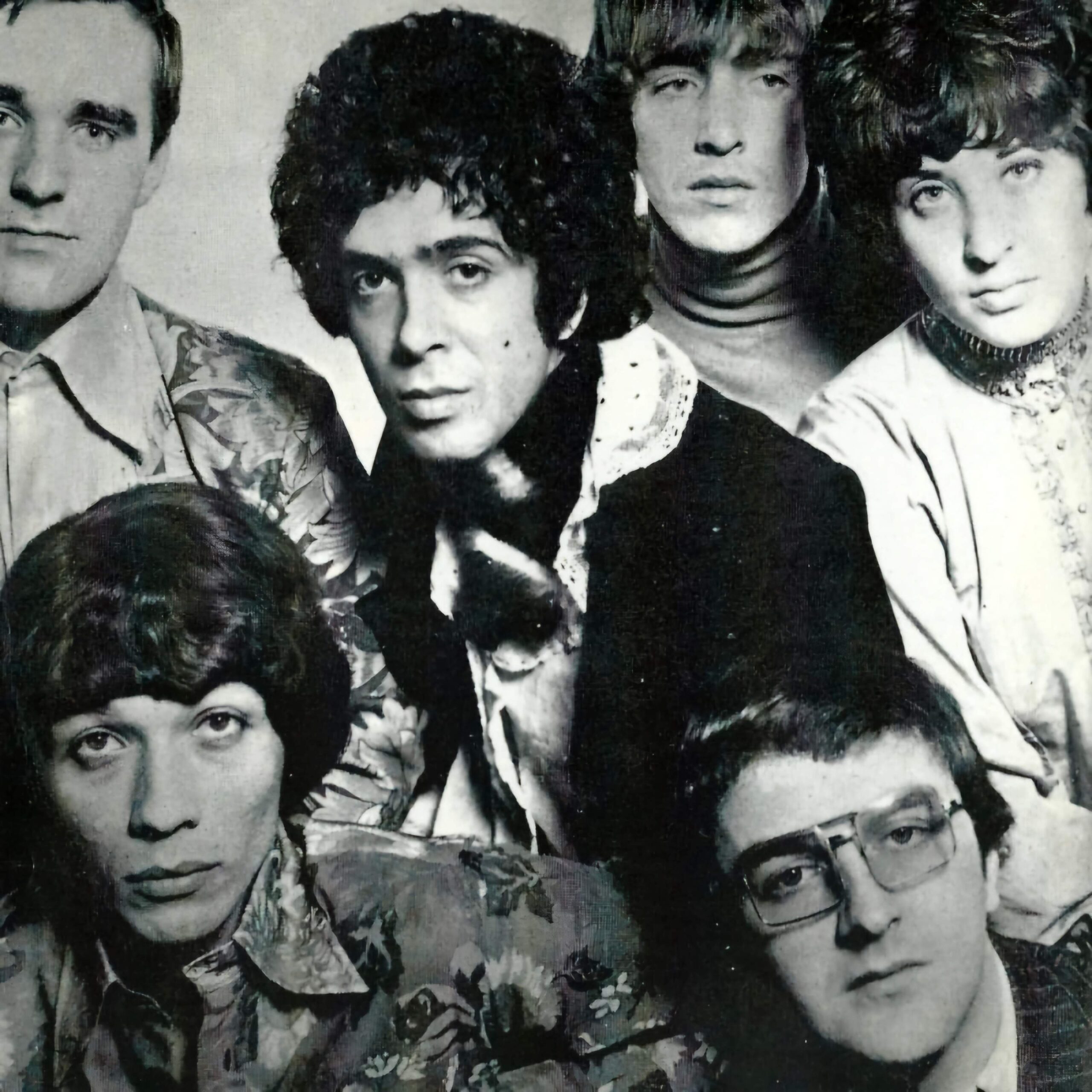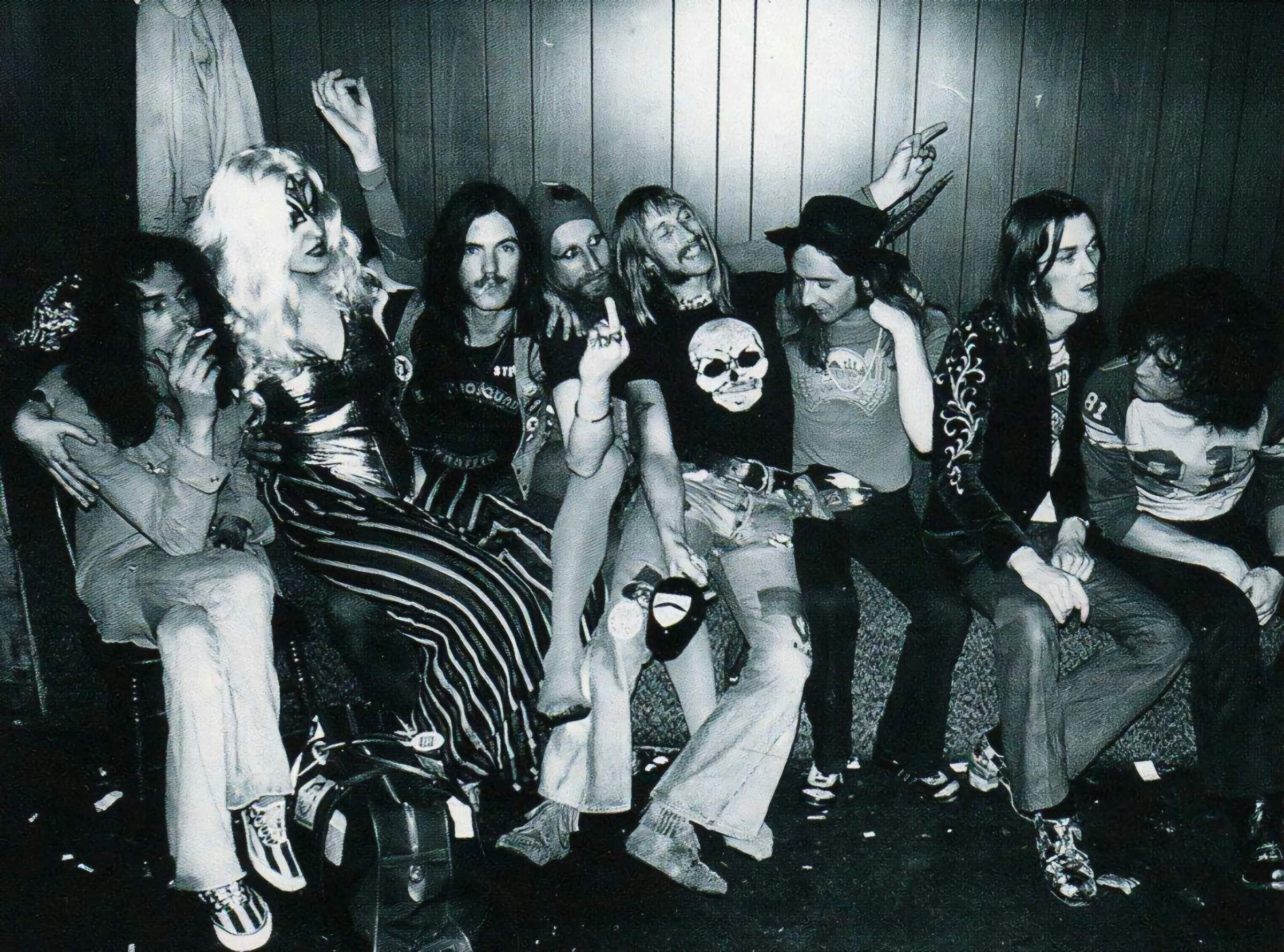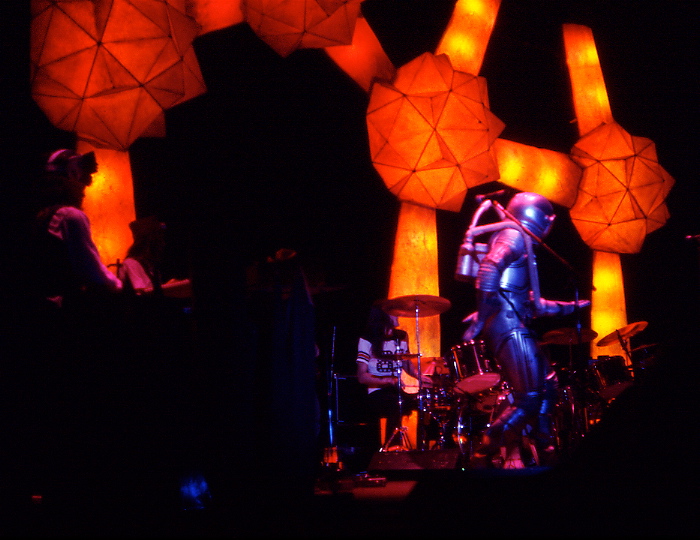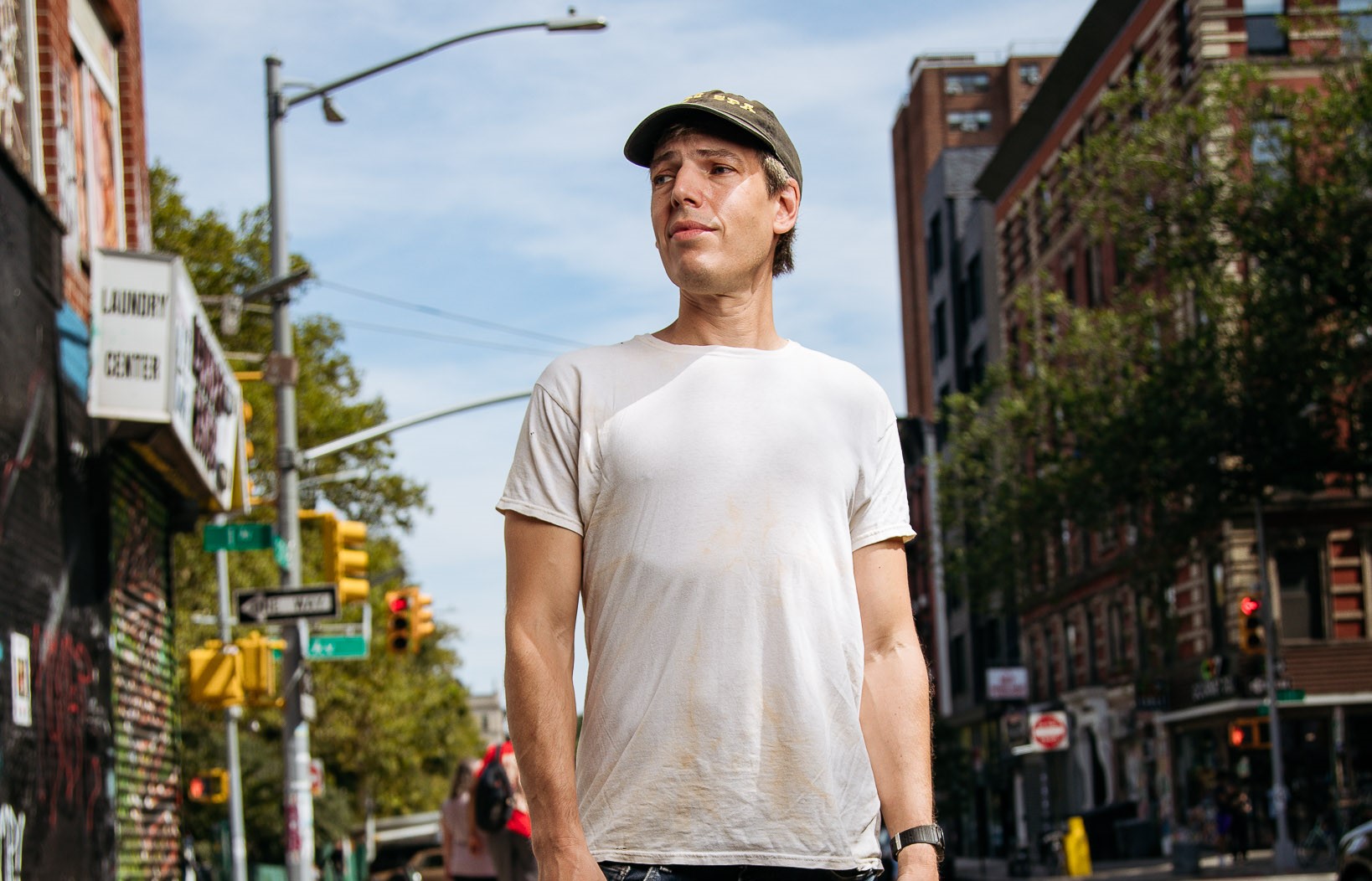Nirvana | Interview | Alex Spyropoulos
Nirvana consisted of Irishman Patrick Campbell-Lyons and Greek Alex Spyropoulos, whose paths crossed serendipitously in London during the summer of 1966, sparking a remarkable journey together.
Patrick and Alex cultivated a potent creative bond under the moniker Nirvana, etching their mark indelibly upon the music landscape—a legacy that endures. Alex approached his musical craft with a lucid intensity, employing all senses in a conscious dance of creation. Beyond Nirvana, his compositions spanned realms from advertising jingles to symphonic opuses, with ‘Pentecost Hotel’ standing as a pinnacle of psychedelic surrealism and musical innovation, a testament to his visionary spirit.
Nirvana’s tale unfolds as a riveting saga of artistic aspiration, interwoven with luminaries like The Jimi Hendrix Experience, Traffic, Chris Blackwell, Salvador Dali, Francoise Hardy, Tony Visconti, and other pivotal figures who shaped their odyssey.
The fantastic Think Like a Key 2023 remaster of Nirvana’s album ‘Orange and Blue’ reintroduces the enigmatic British duo’s 1996 release, showcasing their distinctive blend of baroque pop, soft psychedelia, and contemporary nineties flair. This edition features vibrant blue vinyl, a 24-page booklet with rare photos, lyrics, and new interviews, as well as previously unreleased tracks, making it a must-have for collectors and fans.
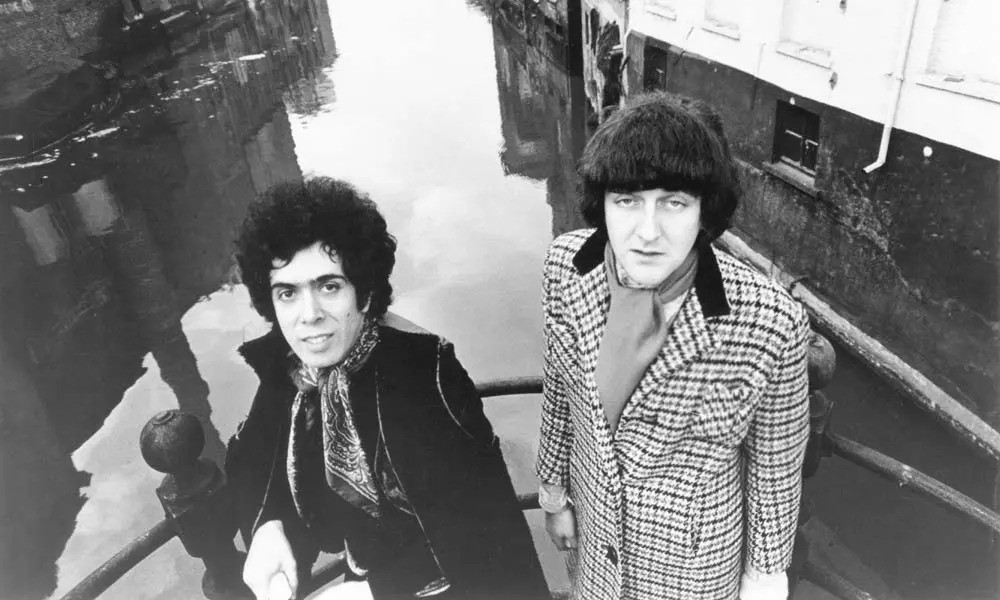
“Both Patrick and I had a similar imagination that we melted into music like milk and honey”
It’s really wonderful to have you. How are you doing these days? What currently occupies your life?
Alex Spyropoulos: These days, I still write music, which has always been my passion, but I also enjoy the visual world of images. I can express myself in a new way with shapes and colors, capturing visions and ideas on a canvas or a computer screen while they are dancing inside my head just before the dream fades away.
Isn’t it amazing that we are talking about your band after all these years? Think Like A Key Records recently remastered and reissued your 1996 album ‘Orange And Blue’. How do you remember working on this album?
Working on the ‘Orange and Blue’ album was like a trip to the past, revisited in 1996. It was all about recording old songs that had never been recorded or were lying in an old chest of drawers, waiting to be born, like a baby inside its mother’s belly before seeing the daylight. Together with a brilliant guitar/bass player, Keith Smart, and Patrick’s identifiable voice, we recorded twelve songs in my private studio and with my synthesizers set up. It was such a joy to hear them sounding fresh, live, and strong, coming out of the speakers for the first time.
Did the songwriting approach change since the 60s, or are you still working the same way as you always did?
The songwriting approach was similar to the sixties’ sound to meld with the continuation of the psychedelic style of Nirvana. We didn’t have the advantage of a full orchestra in the style of our
‘The Story Of Simon Simopath,’ ‘All Of Us,’ and ‘Black Flower’ albums.
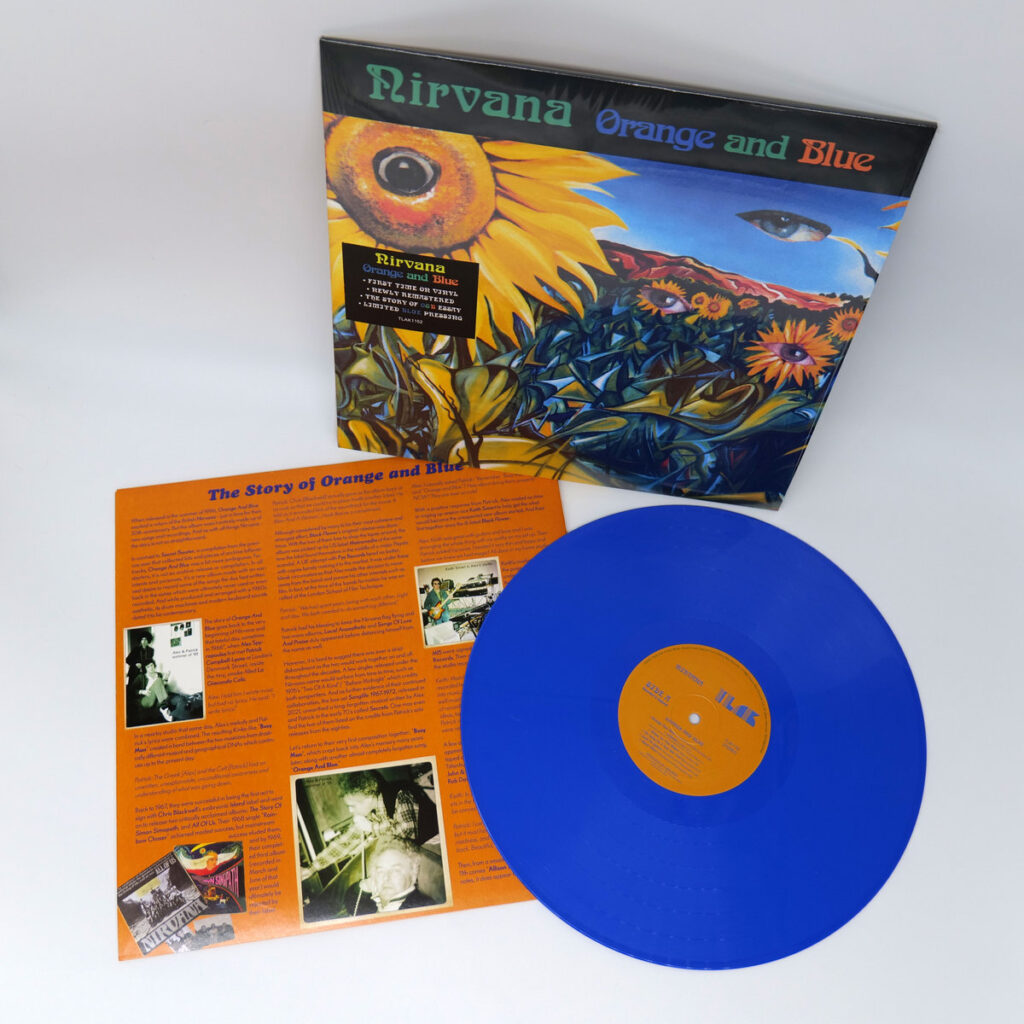
I would love it if you could speak about your childhood. Where were you born, and what can you tell us about those early years in your life?
I was born in Athens during the Second World War. Early on, I had a condition that kept me bedridden for several years. During that time, I was keen on discovering classical music relentlessly. That was followed later on by my exploration of jazz, and eventually, it led me to the 50s and 60s pop music.
Did Greek traditional music play a large role in who you became as a musician?
The truth is that Greek traditional music didn’t really influence me that much since I had moved to France in my late teens and eventually ended up on the London scene of the 60s. Because of the junta in Greece, I could not go back until much later.
Would you say that Nirvana’s music is a culmination of two cultures and the possibilities it offers?
Yes, it is the culmination of a meeting between a Greek and an Irishman, the cultures, and the personal experiences and sensitivities they carried. Both Patrick and I had a similar imagination that we melted into music like milk and honey.
Was there a certain moment in your life when you knew you wanted to become a musician?
Not really. I really wanted to become a filmmaker like Fellini, Antonioni, and Godard. I turned to music by a chance encounter at the film school.
When did you first go to the UK, and how did you like the place? It must have made a big impact on you as the counterculture was just beginning to bloom.
I went to the UK in 1963 to attend film school. Having left France, I found London to be like a magic garden, a bit like Alice in Wonderland, whereas Paris was more intellectual and somewhat continental. Yes, it did make a profound impression on me; it grooved with the flavor of freedom and tremendous creativity.
Were you in any bands before Nirvana?
No, I was not. I just liked writing music for myself, always on a piano. I had a few ideas of creating a band, but it took time to materialize into a more specific music-making project.
You were originally in Paris? Tell us what you studied…
I studied law for three years to follow in the footsteps of my father, but it did not feel like my true vocation. Still, it did help me a lot later to understand legal situations with contracts and other legal obligations, such as with the issue of intellectual property in relation to the band title patent “Nirvana.”
Tell us how you originally met Patrick Campbell-Lyons and what led to the formation of Nirvana.
Well, while following my studies in filmmaking at the LFTC (London School of Film Technique), I became friends with a guy called Ray Singer who was also a songwriter/musician and who impressed me a hell of a lot with his guitar playing and songwriting knowledge. I was already writing songs with a friend (Sally Topham) who enjoyed writing lyrics. We started going around to music publishers trying to get them interested in our songs. At that point, I gradually gave up on my film studies and irresistibly, but completely unpredictably, got attracted to songwriting in the middle of the flourishing pop music scene in the UK during its explosive sixties.
It was precisely at that point in time that one day while sitting at a coffee bar, I met Patrick Campbell-Lyons. As a stroke of luck, while I was talking to myself saying: “Darn, I need a new lyric writer!” he instantly replied: “I write lyrics!” That was the beginning of a strong writing relationship under the name Nirvana, which left its imprint on the music business and lasts to this day.
Where did you two meet and where were those early songs written?
I invited Patrick to my home—a small attic flat at the top of a typical old London house—and played him the first verse of my song with the words:
“Lonely boy your shadow is so sad
and your empty eyes like two sunsets upon the sky
if I talk about you I do not dislike you
all I wanna do is cry
all I really wanna do is cry”
We clicked immediately! He wrote a second verse, resolving into a catchy chorus, and that was it!
“I’m just a busy man” was an idea scribbled on a tiny bus ticket he had shown me on that very first day when we had met in the “Gioconda,” a meeting place for musicians, sometimes also called “The Gio.” The rest is history.
How did you get signed by Island Records?
Patrick, Ray Singer, and I were co-writers of my melody ‘Tiny Goddess,’ which I composed on a harpsichord. This became our main flag for trying to impress record companies while playing it live on just a simple guitar, all around the main record companies looking for a deal. As usual, we got turned down by every company. In the end, when we were just about to give up, Patrick suggested one last attempt with a company called Island Records. He had their address written on a card given to him by a member of the successful band, Spencer Davis. Their bass player, Muff Winwood, wanted to get into the other side of the business as a producer/promoter for Island Records. We took our last chance and went to visit them. On the spot, at 6 PM, as companies were closing down, we played our song simply on a guitar with our voices live. Miracle! They loved it and signed us up right away. We couldn’t believe it!
“The album had a unity in its storyline and became a precursor for a lot of future concept albums in its time”
‘The Story of Simon Simopath’ is one of the early examples of concept albums. How did the idea to make a concept album come about?
Well, it was like making up a story, a bit like a script for a movie. Our ‘The Story of Simon Simopath’ LP was completely Patrick’s idea. Soon after our first two singles, Chris Blackwell of Island Records decided to put out our first album for Nirvana. We immediately started writing brand new songs to get the album together. After three or four songs, Patrick saw a story developing in his mind about an innocent child born in a rather sterile and unfriendly world, which he decides to leave behind, embarking on a fantasy journey as a ‘Lonely Boy,’ while meeting a Pegasus in the sky in ‘Satellite Jockey,’ Magdalena in ‘Pentecost Hotel,’ a marriage in ‘Do You Take This Man,’ and so on through various extraordinary adventures to end with a crazy party in ‘1999.’ The album had a unity in its storyline and became a precursor for a lot of future concept albums in its time like ‘Tommy’ by The Who, ‘Sgt. Pepper’s Lonely Hearts Club Band’ by The Beatles, and ‘Days of Future Passed’ by The Moody Blues and so many others ever since.
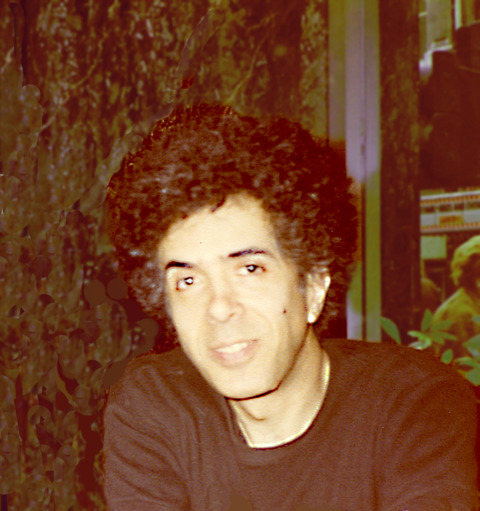
Did the size of audiences increase following the release of your debut?
It really did, because it impressed our ever-growing fans with its novelty. Being a concept album with a story throughout its songs, as opposed to the usual album of unrelated 10 or 12 songs that was the norm at the time, it opened up a brand new view of how an album could be made conceptually consistent, rather than just a collection of isolated songs stuck together. With ‘The Story Of Simon Simopath,’ you had the basis of a future movie. You could see a proper scenario based on a script, with actors and locations taking place in a magical fiction plot. Strangely enough, that movie never materialized. Who knows…it might happen one day.
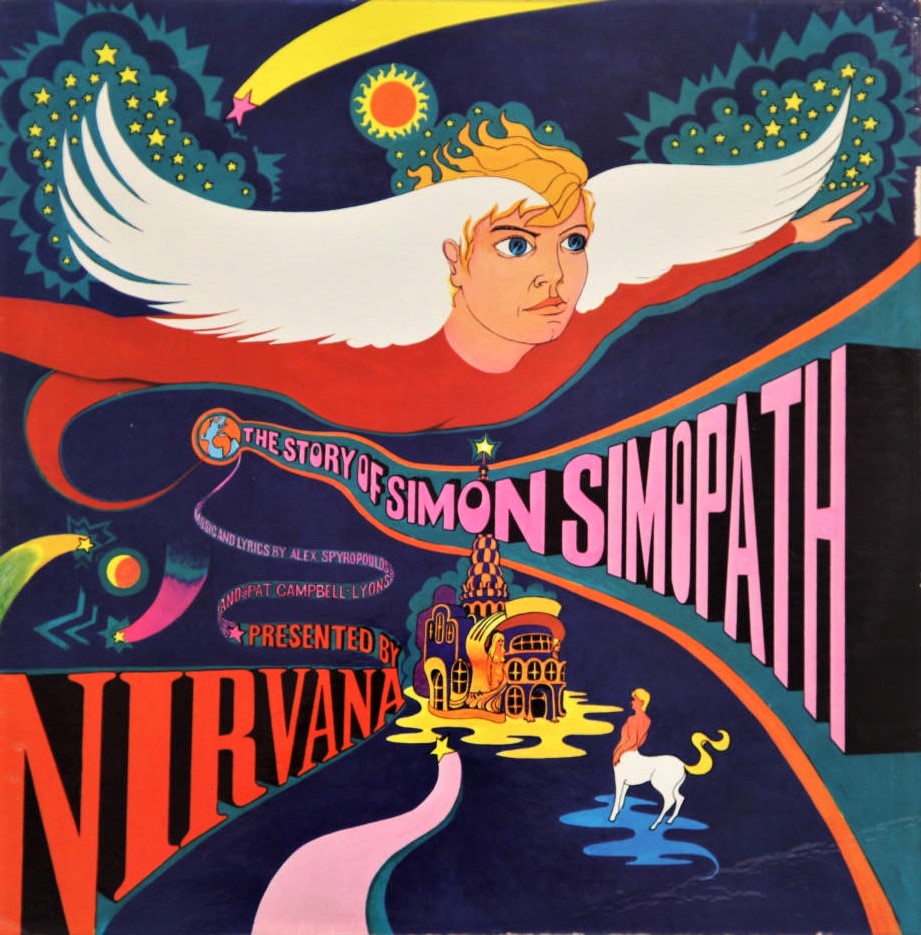
You actually use phasing…
Yes, we did. It was used on our most known song, ‘Rainbow Chaser,’ which gave it that airy feel of an electric shiver moving all over its silver-like skin.
What about ‘All Of Us’? Where did you record it and how would you compare it to your debut album?
Our ‘All of Us’ album is a move in maturity for us as songwriters, without the element of continuity typical of our first album. It was recorded in a variety of studios in September 1968. Its main song is our best-selling track ‘Rainbow Chaser,’ followed by ‘The Touchables,’ ‘The Show Must Go On,’ ‘Melanie Blue,’ and others. It is not a concept album, but it has its inner journey as we move into more developed writing as songwriters.
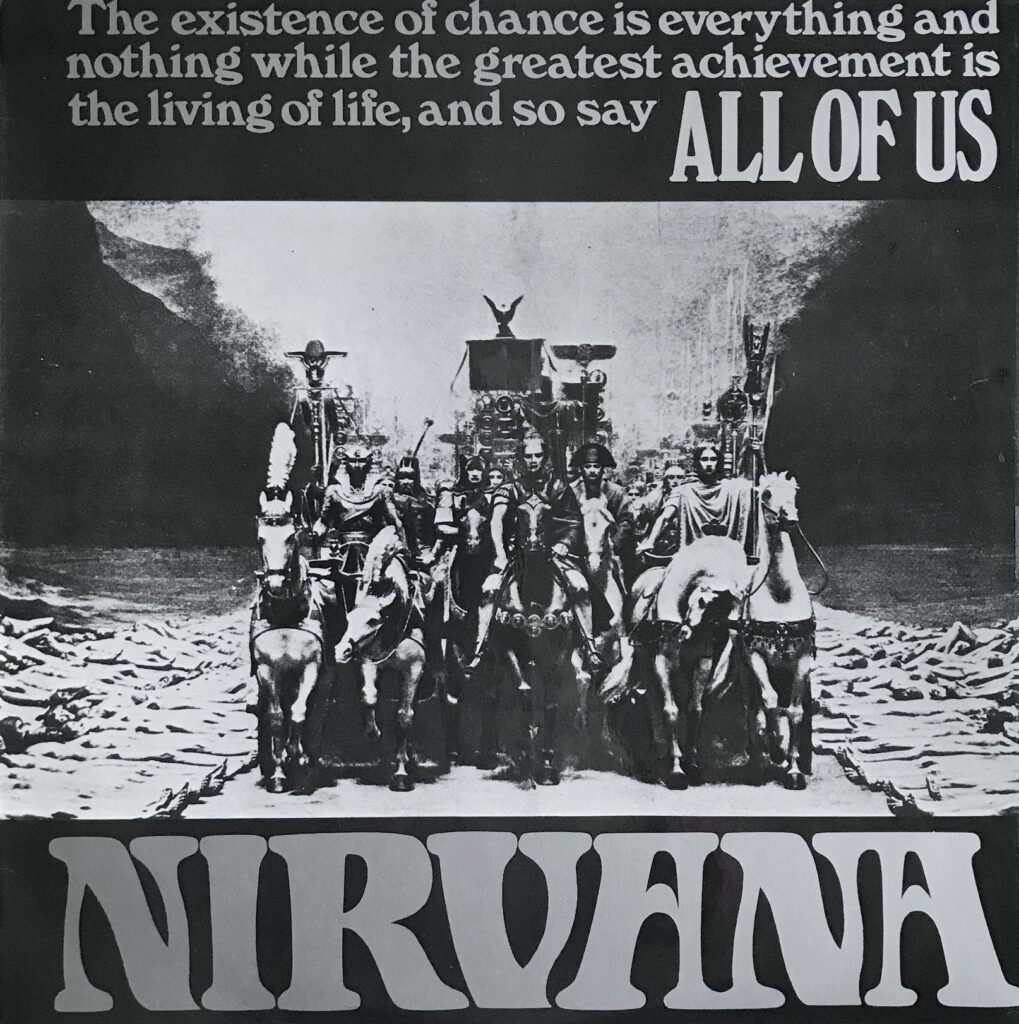
‘Dedicated to Markos III’ was released in 1970.
As we progressed, the arrangements became even more sophisticated, and so did the melodies and the lyrics, such as ‘Black Flower,’ with daring lyrics, as well as melody, moving still further away from our debut albums. ‘Love Suite,’ for instance, is a complex composition influenced by jazz. I would like to confess that we are ever so thankful to our arrangers who guided us into new spheres of musical creation.
Originally it was named ‘Black Flower,’ but it was rejected by Blackwell. What were the circumstances? Was it then self-released, and if so, how many copies were pressed?
We were ever so proud of the album ‘Black Flower,’ but to our great disappointment, it was turned down by Chris Blackwell as it didn’t fit in with the style of his label. As a result, he allowed us to find a deal with another record company for its release, provided he was reimbursed for the cost of the album. Eventually, it was released by Metromedia Records in the United States. We were truly excited to reach the American market. Unfortunately, the success was short-lived because the company went bust, and we were left with only 100 promotional copies of ‘Black Flower.’ Today, some of these copies are sought after by collectors of this type of music, reaching high prices we would have never imagined possible.
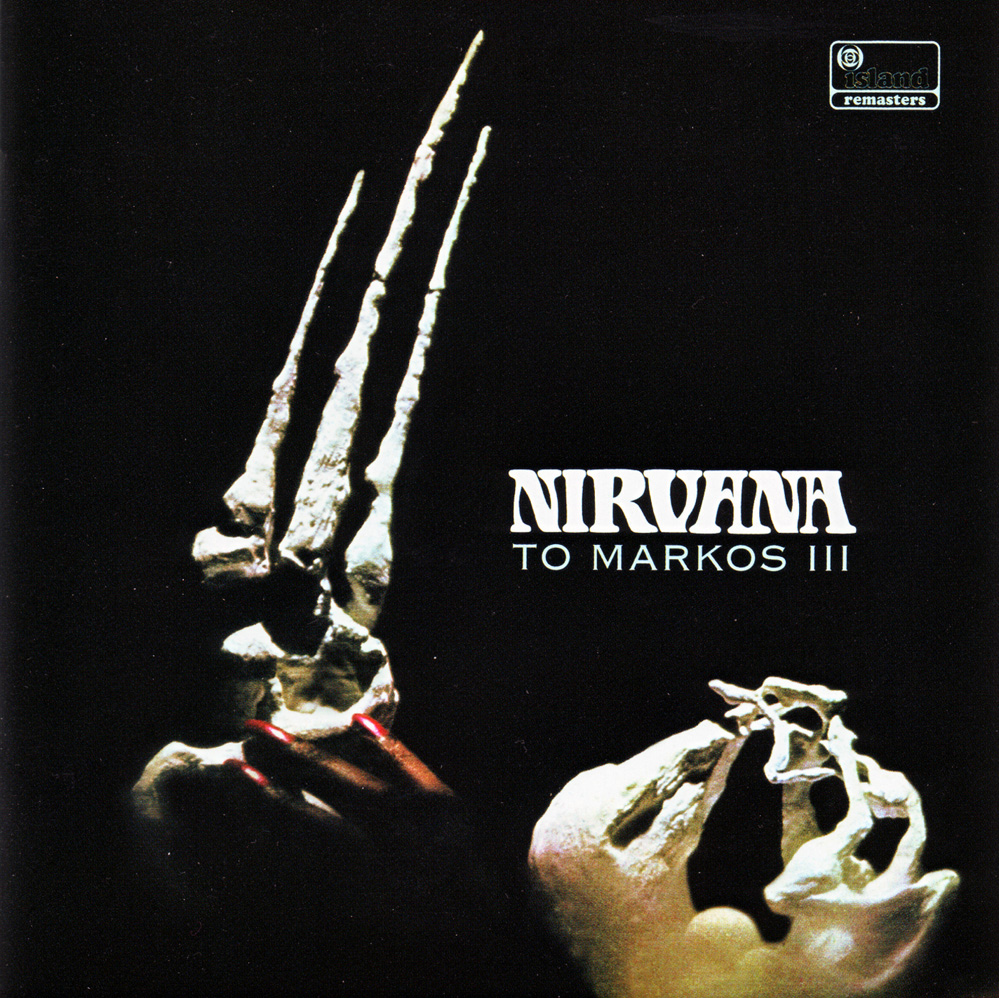
What would you say was the craziest gig you ever did?
I have a smile on my face when I remember the gig we did in Brussels, Belgium towards the end of the 60s. Patrick was stark naked—except for underwear—on stage, only wearing a huge pair of real feather wings while I was playing the symptomatic stimulator, a visually crazy invention of mine, sitting on the piano as I randomly pressed knobs and switches triggering unexpected psychedelic multi-colored flickering lights. The live audience in the television studio was flabbergasted by our act and cheered wildly as we played our song ‘Wings of Love,’ a fantasy about borrowing wings to fly in love: “He wants to be in love, he wants to be a butterfly.”
Were you inspired by psychoactive substances like LSD at the time?
Not at all. As a musician—not a lyric writer—the rare times I used them was purely for the “extraordinaire” of the experience, which was totally mind-blowing. In fact, one day under the effect of an even milder substance, while sitting by my piano, I remember playing with one finger the same note again and again endlessly, feeling trapped by its magical hypnotic never-ending repetitiousness. It sounded to me like a huge round cosmic orange in the sky. In fact, I was not composing. I was just getting hypnotized by the enrapturing sound.
I always wrote music clear-minded, using all my senses in complete awareness of what I was doing. I needed my mind to be directly open to Inspiration (in-Spiritus), meaning empty and open to the flow of new creations rather than numbed by chemical substances! That’s me! Maybe for other musicians, lyric writers, poets, or other creators, it does not work that way. Anyway, every artist has a vehicle that suits them best.
What happened after the band stopped? What occupied your life later on?
Well, as far as I am concerned, there came a moment when I felt that our Nirvana together with Patrick had reached a climax. I felt that OUR Nirvana couldn’t renew itself any further. Quite often it’s the case of many artists where the record company wants them to go on and on in the same style forever, repeating their hits time after time, something that is impossible to do, and this is why they disband or fall out of favor with the audience.
After Nirvana, I continued to write. I was involved in the creation of commercials and symphonic pieces for different companies. I had given Patrick Campbell-Lyons the license to carry on with the name Nirvana to create albums in his own kind of rockier style. Nevertheless, he didn’t reach the public attention of the originality of our first albums. That said, I am glad the two of us have never lost touch and we still write songs together up until this day. Other than that, for instance, after Nirvana, it was an honor for me to write the music for the BBC Radio 5 program. As of today, I’m still doing my own private projects, some of which are going to come to fruition soon. Additionally, as I said before, over the past 10 years, I have added another level of creation through visual arts. I am drawing again as I was doing in my younger days before leaving for England.
Which songs are you most proud of?
‘Pentecost Hotel,’ as it really shines in our second album ‘All of Us’ for its psychedelic surrealist lyrics and innovative approach in musical composition. Our magical and inventive arrangement, thanks to Sid Dale, intensified the fantasy, enthralling our audiences as we then stood out amongst all other pop songs at the time.
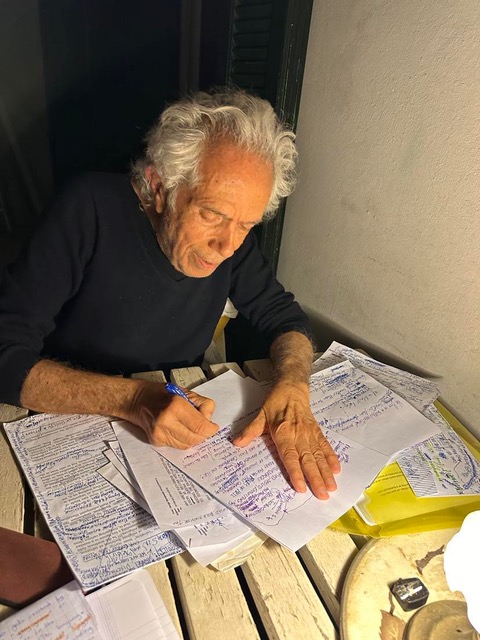
Thank you for taking your time. Last word is yours.
Psychedelic music flows in my veins for as long as I live and love.
Klemen Breznikar
Headline photo: Nirvana | Outtake from their original photo session 1967
Nirvana Facebook
Think Like A Key Music Official Website / Facebook / Twitter / Instagram / Bandcamp / YouTube
Nirvana | Interview | ‘Songlife’ The Vinyl Box Set 1967-1972
Nirvana | Patrick Campbell-Lyons | Interview

